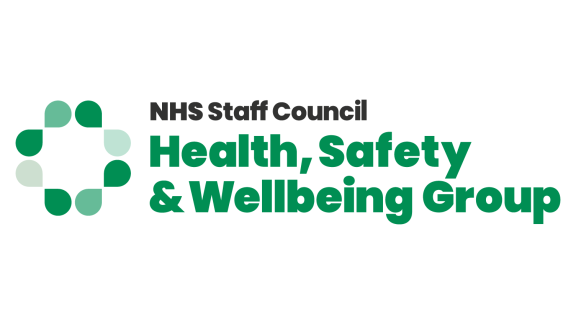Supporting recovery after long COVID

Long COVID is a term used to describe the symptoms and effects of COVID-19 that last longer than four weeks beyond the initial diagnosis.
The Office for National Statistics (ONS) reported that as of 30 March 2023, an estimated 1.9 million people living in private households in the UK (2.9 per cent of the population) were experiencing self-reported long COVID.
The rates of self-reported long COVID were greatest in people aged 35 to 69, females, those living in the most deprived areas, those working in health or social care, and those with a pre-existing activity-limiting health condition.
Long COVID can have a significant impact on someone's general health and can affect people in different ways. The most common symptoms include:
- persistent fatigue
- shortness of breath
- brain fog (cognitive challenges)
- insomnia
- dizziness
- depression
- anxiety
- a range of other symptoms which can be found on the NHS website.
If you have any concerns about yourself or a colleague's symptoms lasting four weeks or more after having COVID-19, please advise them to contact their GP.
Diagnosis and prognosis
The National Institute for Health and Care (NIHR) is funding research to support the diagnosis, management and treatment of long COVID. Findings are likely to implicate the support which NHS organisations can provide to staff. Read more on NIHR's researching long COVID: addressing a new global health challenge web page.
There is still uncertainty around the prognosis of long COVID, as each person can experience a range of different symptoms. In some cases, people have begun to feel better before experiencing a return of fatigue and needing further time off to recover. This is known as the ‘boom and bust’ pattern.
It is important to have regular conversations with colleagues to ensure they understand the needs of people with long COVID and help prevent their risk of relapse.
Workforce disability and the Equality Act
It should be noted there is ongoing debate about whether employers should view long COVID within the context of workforce disability, in line with the Equality Act 2010 which states: 'a person has a disability if they have a physical or mental impairment, and the impairment has a substantial and long-term adverse effect on their ability to carry out normal day-to-day activities'.
If the long COVID symptoms have a substantial adverse impact on the employee carrying out day-to-day activities and the impairment has lasted or is likely to last for 12 months, it could fall within the definition of a disability under the Equality Act. This means the employee should not be treated less favourably due to their condition, and the duty for the employer to make reasonable adjustments would be triggered.


